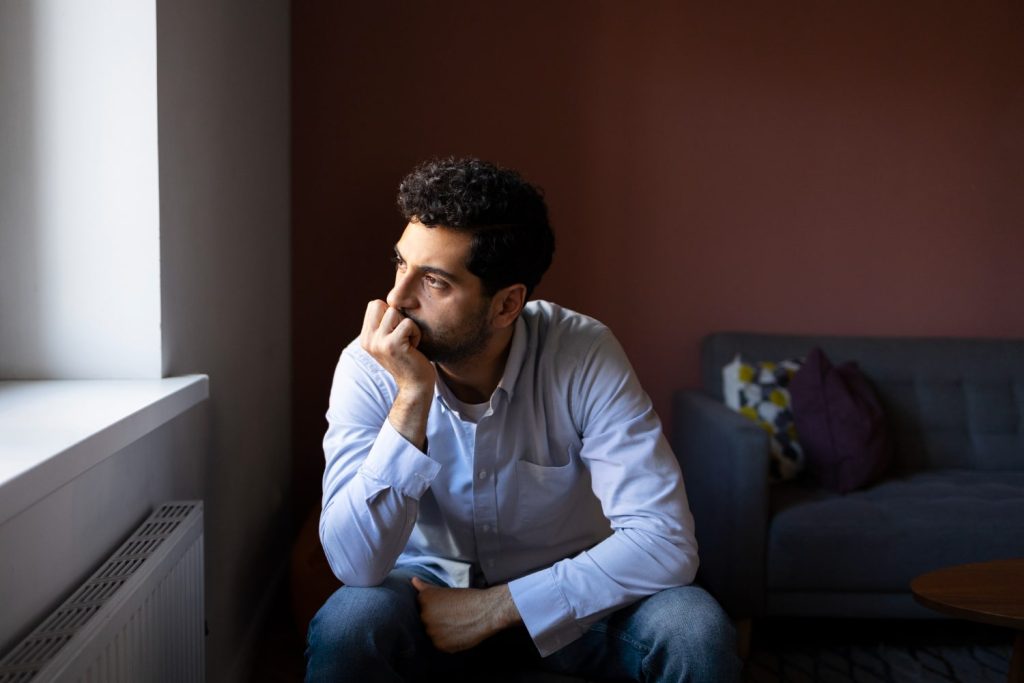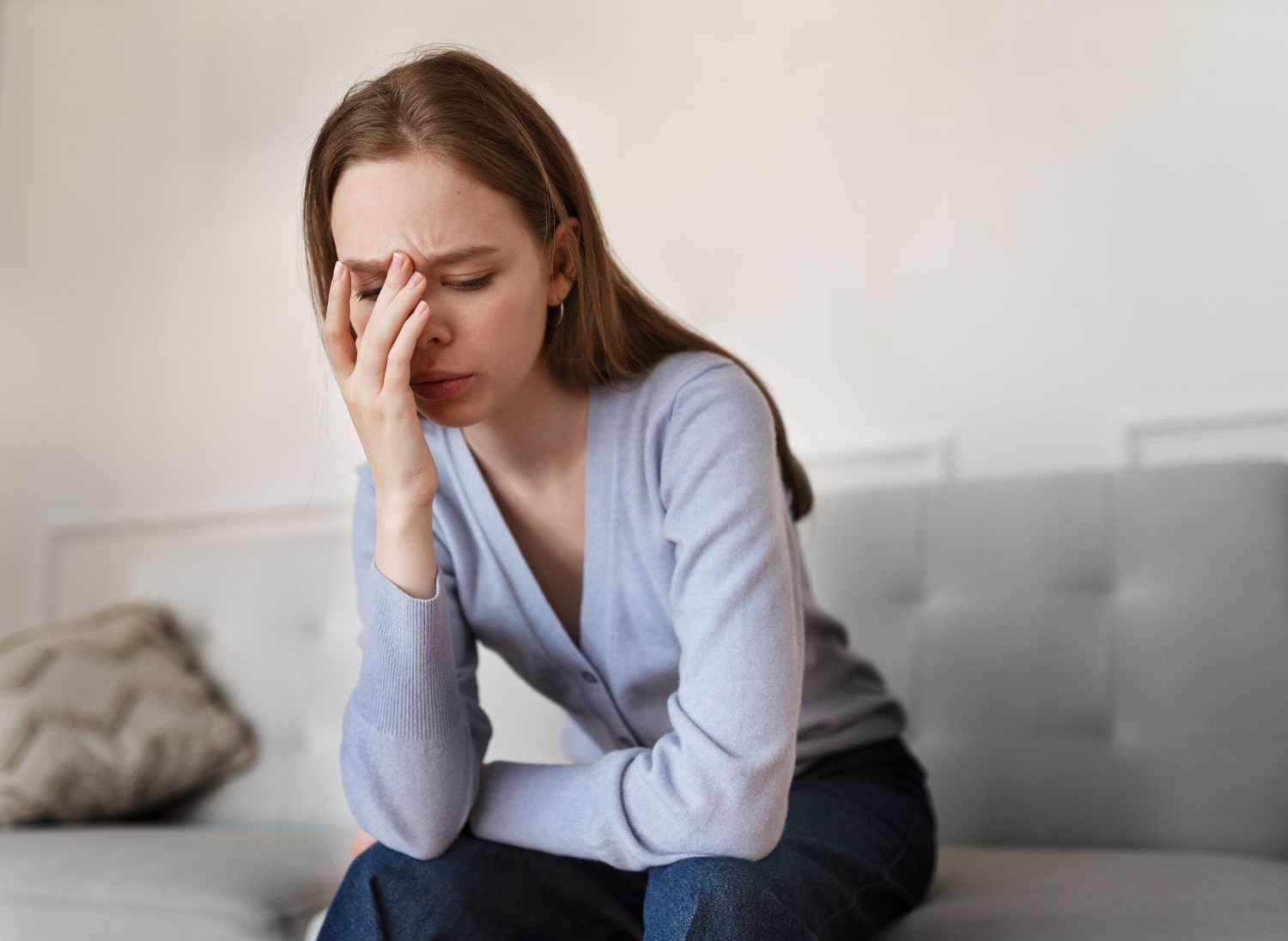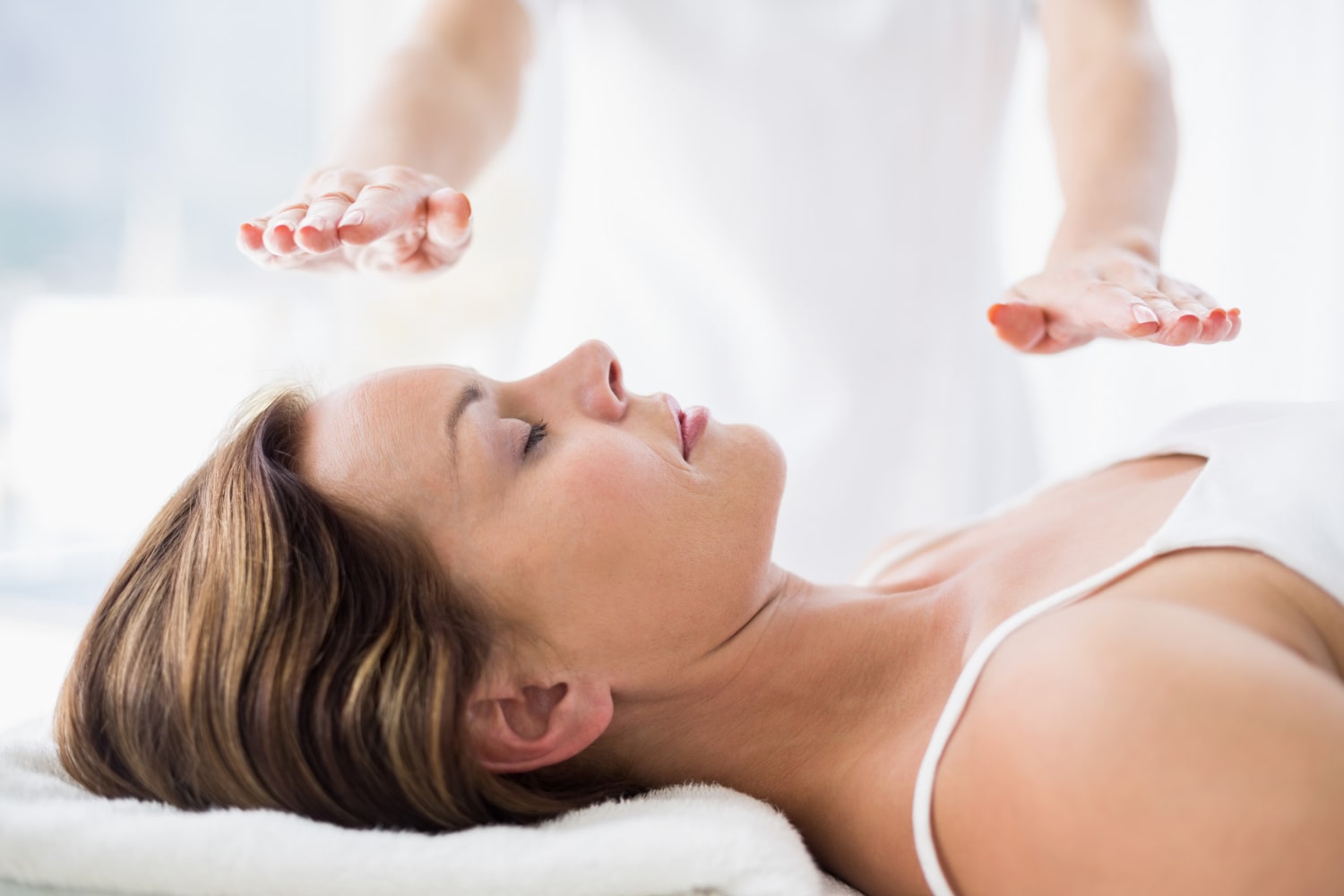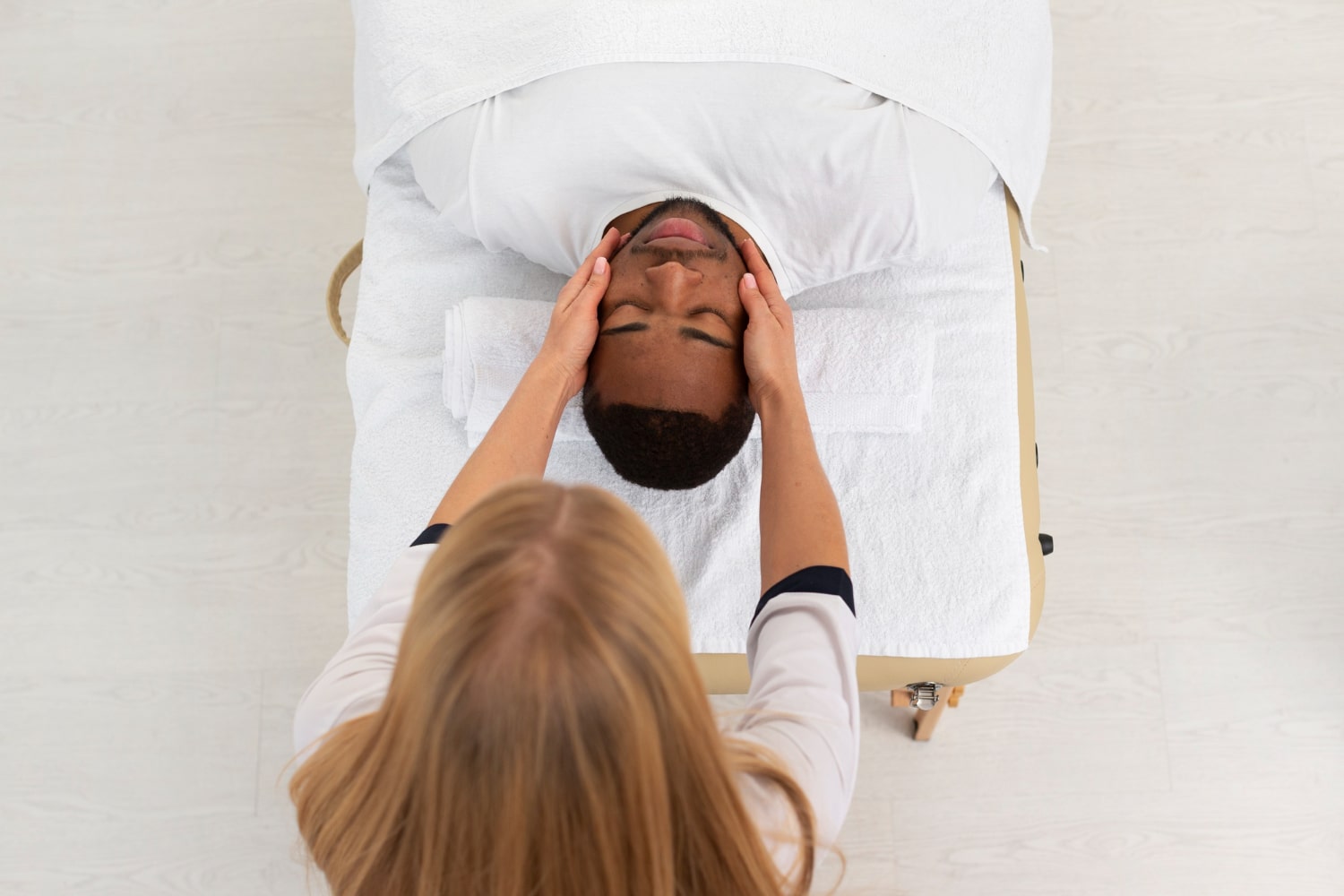Believe it or not, there are many ways to manage anxiety without medication. In recent years, anxiety levels in our lives have been quite high due to significant changes in daily life. Anxiety symptoms vary from person to person, but they can greatly impact quality of life and even lead to health problems if not addressed in time.
According to the World Health Organization, anxiety is one of the most common mental disorders, affecting more than 200 million people worldwide. The main symptoms include excessive worry, the creation of distressing scenarios, and constant, unstoppable thoughts. As a result, individuals may experience increasing fatigue and struggle to see the bigger picture in life.
Some people turn to conventional methods, such as medication, to find relief. However, others prefer approaches that do not involve pharmaceutical treatments. Let’s explore some of these alternative methods that can help you cope with anxiety.
Why Anxiety Needs to Be Managed
Anxiety plays an important role in human survival. It activates what is known as the “fight or flight” mode, helping us respond to challenging and demanding situations. When kept at moderate levels, anxiety allows us to assess risks, recognize potential problems, and take preventive measures to address them.
However, when anxiety becomes excessive, it can stem from traumatic experiences, deeply held beliefs, or social and environmental factors. It often leads to overwhelming worry and fear about everyday issues and situations. Furthermore, high anxiety levels can diminish quality of life, cause procrastination, and result in avoidance of people, places, and circumstances. That’s why managing anxiety effectively is crucial for a fulfilling life.
How to Manage Anxiety Without Medication
Psychotherapy
Psychotherapy is one of the most effective methods for managing anxiety. With the guidance of a specialist, you will have the opportunity to identify the deeper causes of your anxiety, process traumatic experiences, and develop new, healthier strategies for coping with stressful situations.
Exercise
For centuries, various natural remedies have been used to manage anxiety. However, some of the most effective methods include any form of exercise. One of the best things you can do for yourself and your mood is regular exercise. Exercise helps release endorphins, the hormones that boost mood, reduce stress, and relieve tension from the body.
Even just 30 minutes of exercise per day is enough. Choose any type of physical activity you enjoy, such as walking, running, cycling, dancing, or playing a sport.
Balanced Diet
A balanced diet plays a crucial role in overall well-being and helps reduce anxiety. Focus on consuming fruits, vegetables, lean proteins, and healthy fats. Also, include omega-3 fatty acids, which are found in fish and nuts, as they have been linked to improved mental health.
Avoid or reduce foods and drinks high in caffeine and sugar, such as coffee, sweets, sodas, and alcohol, as they can increase stress and nervousness.
Did you know that following a good nutrition is your best natural ally against depression?
Quality Sleep
Sleep is one of the most important factors in managing anxiety symptoms. It’s recommended to get 7-9 hours of sleep each night and maintain a consistent sleep routine. Avoid screens at least 1-2 hours before bedtime. Listening to relaxing music or reading can also help improve sleep quality.
Building a Support Network
If you are struggling with anxiety, seek out a strong support network. Friends, family members, and even support groups can play a crucial role in emotional well-being. Having people around who care about you and offer support can significantly improve your mental resilience and overall mental health.
A strong support network provides a sense of belonging and purpose, which can be especially important for those who feel lonely.
Relaxation Techniques
Relaxation techniques are highly effective in managing anxiety without medication. These methods reduce stress, improve sleep quality, and promote both physical and mental well-being.
One such technique is meditation. Through meditation, the mind and body relax, allowing individuals to acknowledge their thoughts and emotions without judgment.
Another useful technique is progressive muscle relaxation, which involves tensing and then suddenly releasing different muscle groups to relieve physical tension.
Visualization is also a widely used and effective method. To practice this, close your eyes and imagine yourself in a place where you feel completely safe and at peace. Stay in that mental space for as long as you need. Once you feel relaxed and free from anxiety, open your eyes and return to your daily routine.
Tip: This technique can be particularly helpful during panic attacks.
Lastly, deep breathing exercises should not be overlooked. They can be practiced anywhere and at any time, even at work. Taking slow, deep breaths helps calm the brain and gradually reduces anxiety levels.
Keep a Journal
Start writing down your thoughts and emotions in a journal. This practice will help you recognize anxiety triggers, take appropriate measures to manage them, and track your progress over time.
Try Biofeedback
Biofeedback is a technique that allows individuals to gain control over various physiological functions, such as heart rate and muscle tension. By mastering control over the body, you can effectively reduce anxiety symptoms.
Reiki
Reiki is a traditional Japanese technique that helps reduce stress, promote relaxation, and facilitate healing. It offers a comprehensive range of methods, including Usui Reiki, Kundalini Reiki, Gold Reiki, Phoenix Reiki, and Imara Reiki, each with its own unique benefits and applications.
Usui Reiki, the original form of the practice founded by Mikao Usui, focuses on hand placements to channel vital energy, enhancing physical, emotional, and mental well-being. It is particularly effective in reducing stress and anxiety, promoting overall wellness, accelerating physical healing, and balancing the mind and emotions.
Explore various Reiki attunements, ideal for self-healing sessions.
Theta Healing
Theta Healing is a revolutionary holistic method that utilizes the Theta brainwave state to promote deep spiritual, emotional, and physical healing while also helping manage anxiety. Through this practice, deeply rooted limiting beliefs and negative patterns are identified and released, clearing emotional blockages and allowing the flow of positive transformation into one’s life.
Theta Healing can effectively address both emotional and psychological challenges as well as physical ailments. Additionally, it enables you to connect with your creative, intuitive, and healing abilities, facilitating meaningful and transformative change.
There are many alternative therapies available for managing anxiety without medication.
Get in touch with me, and I’ll help you find the most suitable therapy for you, so you can eliminate anxiety from your life!



